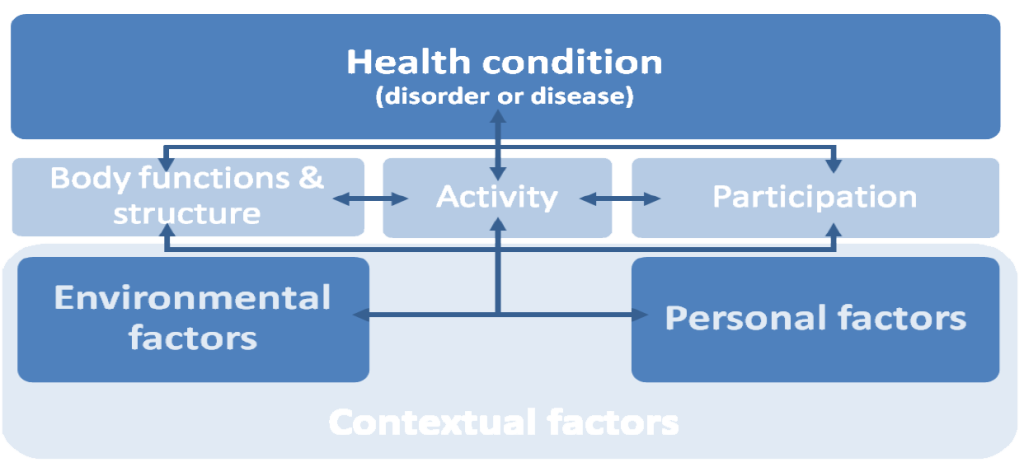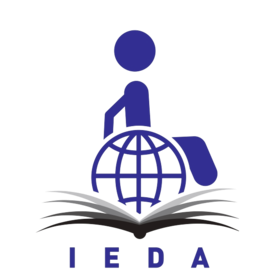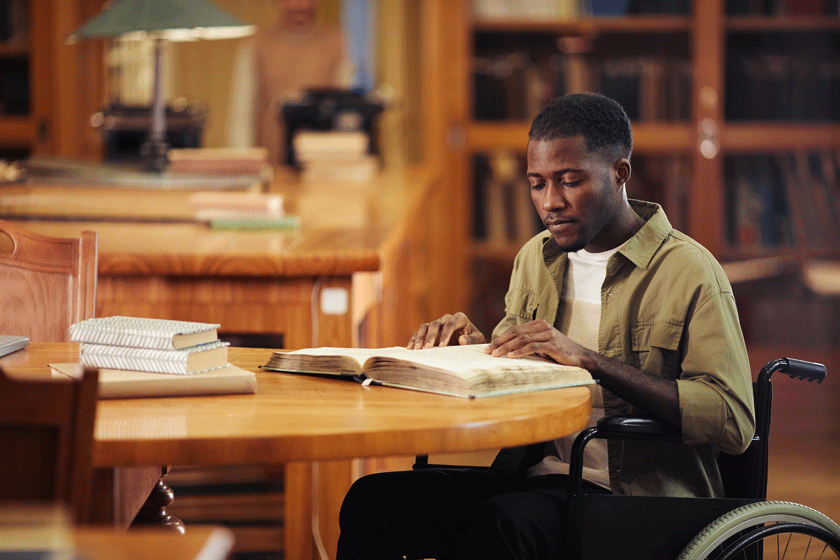Author: OrientExpress
In order to take a closer look at the subject of inclusion of persons with disability in adult education it is primarily important to consider different definitions of disability in a more accurate way.
There are three different approaches on defining disability:
- The theories in the first category are based on medical and psychological aspects. They differentiate individuals by using terms such as “healthy” versus “ill” or “normal” versus “pathologic” (Bleidick 1999, 25; Lindmeier/Lindmeier 2012, 16, zit. nach Kaiser 2016: 6). The consequent ramifications and social injustices are seen as personal problems and deficits, which cannot be changed. In this area pedagogy tries to focus on the available resources and intervenes by mitigating the situation (Kaiser 2016: 6)
- The second category sees disabilities as a reflection of social patterns and norms, which define what disability is and who is “disabled” (Bleidick/Hagemeister 1998, 20, zit. nach Kaiser 2016: 7). These theories consider disability as a social attribution and argue that social barriers and restrictions are results of a such attribution. The role of pedagogy in this category is to take a closer look at these social settings and working on dismantling them (Kaiser 2016: 7-8).
- The third model, “international classification of Functioning, Disability and Health” (ICF) (WHO 2205:25) combines the first two and instead of focusing on individuals, focuses on the health state of persons based on their functionality and impairment in each situation. Based on this point of view disability can only be defined and understood when considered as a multifaceted Phenomenon being related to different social and individual variables (Kaiser 2016: 8-10)

In the following paragraphs this third definition of disability will be used.
Inclusive Adult education
For a better understanding of the term inclusion, it is helpful to imagine a heterogenous society, in which the social participation of different groups can be assured regardless of their ethnicity, gender, religion, abilities and disabilities. This means all members of the society should have the same right to participate in different social institutions such as educational institutions and have equal job opportunities based on their needs. The individualized adjustment of these institutions is key to this inclusion (Kaiser 2016: 12-15).
The term adult education refers to the practice of organised learning after childhood and school education. The main idea (aspect) behind adult education is that adults get the chance to willingly take responsibility over their learning process to develop their personality and expand their resources. According to the Article 24 of the Convention of the Rights of Persons with Disability, all the contracting states are responsible to make it possible for people with disabilities to take part in the educational system so that their social participation and self-development can be assured. Meaning, the basic education institutions and their structures must be designed in a barrier free and accessible way, so that everybody can benefit from their offer. That means the courses and classrooms don’t necessarily need to be separate but in given situations basic education institutions can provide exclusive educational offers for persons with disabilities when it comes to specific subjects such as assistive technology. Through different educational offerings can the right of decision making and self-determination of this target group be fulfilled (Kaiser 2016: 15-17, 31-33).
Implementing inclusion in adult education is a long-term process. Although disability is not the main focus in this area, but it also cannot be ignored.
The Erasmus+ project, IEDA – Inclusive non-formal education for people with disabilities – Startseite | Facebook aims to throw a light on the problematic of barriers in the field of adult education for persons with disabilities and to develop innovative and structured models to overcome these barriers. The intellectual outputs of the project include:
- A curriculum for training on methods and approaches to teaching persons with disabilities in non-formal adult education.
- A curriculum for training on the application of assistive technologies in non-formal adult education.
- A comprehensive Handbook on the integration of persons with disabilities in non-formal adult education.
IEDA’s goal is to provide inclusive practices in the field of adult education for adult education providers and help them overcome the challenges that they are confronted with regarding diversity and inclusion, using flexible and accessible programs.
Literature:
Kaiser, Benadette: Die Umsetzung von Inklusion im Bereich allgemeiner Erwachsenenbildung in Bezug auf Menschen mit geistiger Behinderung, Masterarbeit Universität Wien 2016.



